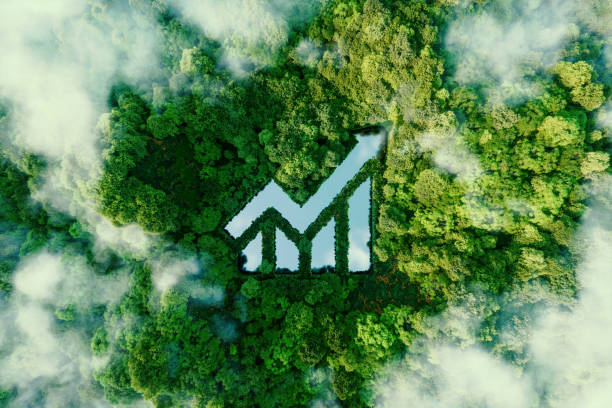Kavan Choksi: A Few Notes on Sustainable Finance
Kavan Choksi Gives a Primer on Sustainable Finance
Banks and financial institutions play a vital role in shaping the immediate and future landscapes of societies and environments. In light of the ever-growing challenges the world faces beyond profits, banks hold a special responsibility to contribute to the betterment of these surroundings. To do this, they can invest in companies with conscious environmental and social practices, develop green product lines, and offer financial education to underserved communities.
 |
Image source: istockphoto.com |
According to global finance and investment consultant Kavan Choksi, establishments of all shapes and sizes have to prepare the world to be more environmentally, financially, and socially resilient. From this idea stems the concept of sustainable finance, which is being adopted by a growing number of companies worldwide.
Sustainable finance refers to financial services that integrate environmental, social, and governance (ESG) criteria in a major way into business and investment decisions for long-term benefits for both clients and society. If companies are traditionally rated for their financial status or measures, Kavan Choksi notes that these sustainability factors are also highly considered.
 |
Image source: istockphoto.com |
It is a thriving concept where more and more investments are being made in sustainability areas. These projects could include low-carbon energy, green building and transportation, water, land use, and waste management. In a report submitted by the umbrella group Global Sustainable Investment Alliance (GSIA), $23 trillion, or 26% of all the assets under management in 2016, was allotted for "socially responsible investments" for ESG issues.
The premise is that financial return shouldn't and won't be sacrificed in pursuit of important non-financial goals, such as taking care of the world that we live in, notes Kavan Choksi.
Kavan Choksi is a business management consultant. He shares his knowledge of finance, business, and economics on his blogs, which can be found on this page.


Comments
Post a Comment